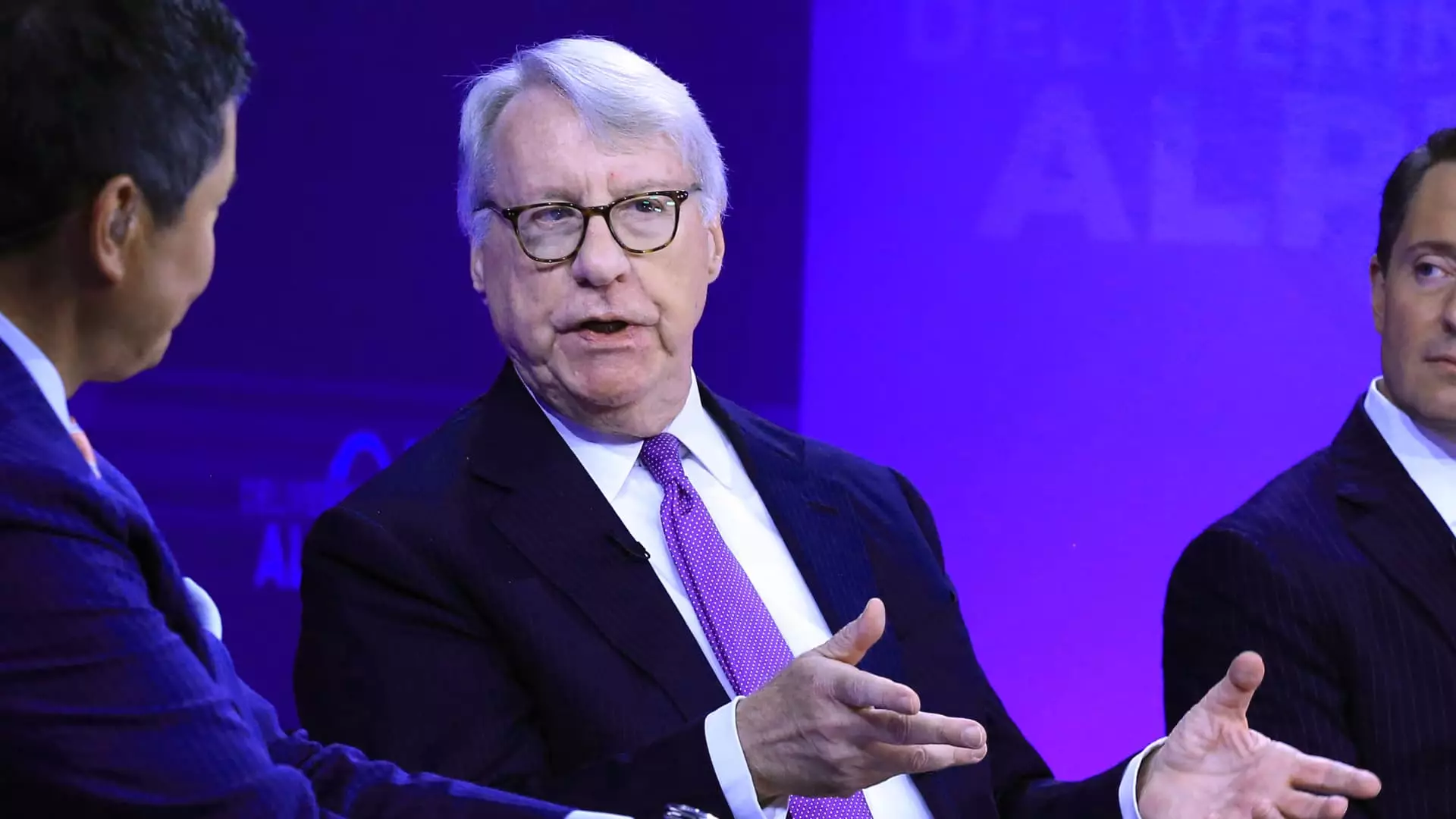Renowned short seller Jim Chanos has vehemently denied the accusations brought against him in a recent lawsuit. He referred to the claims as “false, baseless and defamatory” in a statement given to CNBC. The lawsuit, filed by Conlon Holdings, a Chicago-based firm headed by Sean Conlon, alleged that Chanos had used his company as a personal “piggy bank,” borrowing $10 million in loans over a span of more than a decade. Chanos countered by stating that the internal loan had been repaid in 2021 and emphasized that he had injected over $30 million into his company since 2019. He further claimed that all management company partners, himself included, had experienced financial losses in recent years.
Jim Chanos gained prominence for his accurate prediction of the collapse of energy trading giant Enron. However, his hedge fund was closed last year, and he transitioned it into a family office and advisory business. This shift came after a period of underperformance, particularly in short positions such as Tesla. Despite his past successes, Chanos has faced challenges in recent times.
The lawsuit also alleged that Jim Chanos sold his Miami apartment, previously owned by his firm, for $17.8 million without informing his partners beforehand. Moreover, it was mentioned that Chanos’ girlfriend, Crystal Conners, acted as the sales agent for the transaction, potentially earning a substantial commission. These actions have raised concerns about transparency and potential conflicts of interest within Chanos’ dealings.
Conlon Holdings, the plaintiff in the case, had initially brought forward the allegations against Chanos. However, they have not yet issued a public response to his denial of the claims. The lawsuit was first highlighted by Bloomberg News, shedding light on the ongoing legal dispute between the two parties.
The accusations against Jim Chanos have sparked a controversy within the financial community. While Chanos has refuted the claims and provided his side of the story, the details of the lawsuit raise important questions about accountability and ethical practices in the industry. As the legal proceedings unfold, the outcome will likely have implications for Chanos’ reputation and professional standing.

